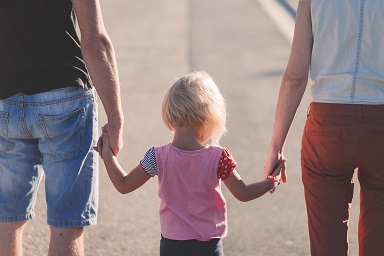Point Of Change Counselling
promoting change that heals
face-to-face, Skype or telephone appointments available

"Where's the manual?" or "How come, since parenting is the toughest job in the world, you don't need a licence?" These are two questions frequently asked by those who are trying to navigate their way through the minefield of being a parent. And there are no easy answers, although it may be true to say that generally we get out of parenting what we put into it. It's a demanding, lifelong commitment, with no "opt out" button, but it can also be the most rewarding thing we will ever do.
It helps to understand that being a parent is a role which constantly changes. There are specific skills and roles which are needed at various stages of our child's development.
Even with our best efforts, there are times when we can feel as though we are living with an alien, and it looks as though it would be easiest just to walk away. This is when counselling can help. At Point of Change Counselling, we have made the parenting journey and can listen to your story with empathy. You can find support to understand both your child's behaviour and your responses to them, no matter how big the issue.
If you need help in relating to your child, contact Alli at Point Of Change Counselling and make an appointment.